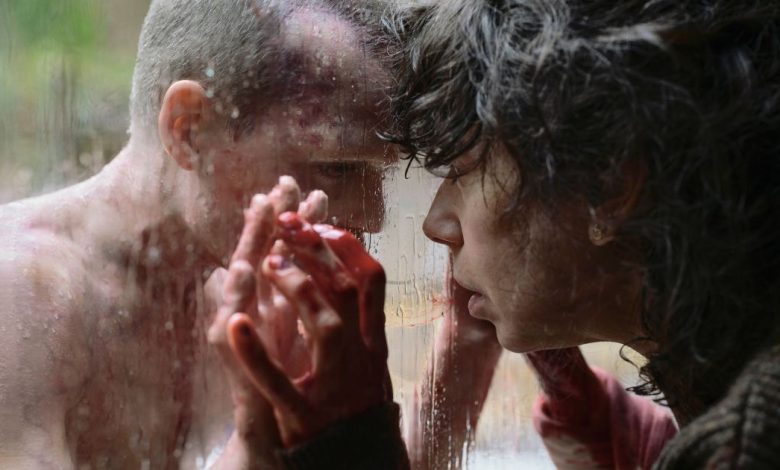Bring Her Back: A Visceral Horror Experience That Refuses to Be Forgotten

If you’re searching for the most emotionally disturbing horror film of the year, Bring Her Back more than delivers. Directed by Danny and Michael Philippou — the Australian duo behind Talk to Me and the viral RackaRacka YouTube channel — their second feature film proves they are here to redefine modern horror. Darker, more intense, and narratively richer than their debut, Bring Her Back offers a brutal tale of grief, trauma, and manipulation that will leave you shaken.
A New Kind of Nightmare
The story follows two adopted siblings, Andy (Billy Barratt) and Piper (Sora Wong), who are placed into the custody of a foster mother, Laura (Sally Hawkins), after the sudden death of their abusive father. Laura, who is grieving the death of her own daughter, initially appears compassionate — but her behavior soon reveals something deeply wrong beneath her nurturing facade.
As the children settle into their new home, they meet Oliver (Jonah Wren Phillips), a silent and strange foster child whose violent behavior intensifies with each passing day. From mutilation to disturbing self-harm, Oliver’s scenes are not for the faint of heart. He becomes the center of a psychological horror spiral that explores the consequences of unresolved grief and psychological projection.
Visual Storytelling and Groundbreaking Performances
One of the film’s most brilliant choices is its portrayal of Piper’s blindness. Through careful cinematography, the viewer is immersed in her experience — often seeing the world through the blurred, tactile-focused perspective she relies on. It’s a subtle, effective way to deepen audience empathy while enhancing suspense.
Sally Hawkins delivers a performance that is both deeply tragic and terrifying. Known for gentle roles in Paddington and The Shape of Water, her portrayal of Laura is a dark inversion of that maternal warmth. She embodies grief-driven delusion in a way that’s painfully believable and emotionally disturbing.
Jonah Wren Phillips as Oliver is nothing short of astonishing. It’s one of the finest horror child performances in recent memory — raw, unhinged, and physically intense. His unsettling silence, animalistic movements, and chilling injuries create an aura of terror that is both supernatural and tragically human.
Emotionally Raw and Morally Complex
What makes Bring Her Back especially haunting is its emotional core. Andy is a young man weighed down by guilt, trying to protect his sister while confronting his own buried trauma. The film doesn’t just use horror for scares — it uses it to ask difficult questions about accountability, healing, and cycles of abuse. As Andy’s personal secret is revealed, the story becomes more tragic, more personal, and more painful to watch.
See More ...
The atmosphere becomes more suffocating as the narrative progresses. This is not the kind of horror film that offers relief. There’s no comic relief, no moment of levity — just a slow descent into emotional devastation. The ending is particularly bleak and may divide audiences, but it fits perfectly with the film’s central themes of helplessness and systemic failure.
Final Verdict
Bring Her Back isn’t a horror movie you watch for fun. It’s a horror experience — one that crawls under your skin and leaves a lasting imprint. Even with a few tonal missteps (such as the occasional music choices that undercut the tension), the film remains a chilling and powerful achievement.
This is horror that hurts — and that’s precisely why it works.
Rating: 8/10 — Great.
A film that succeeds in its vision, leaves a deep emotional impact, and proves the Philippou brothers are major voices in modern horror.




